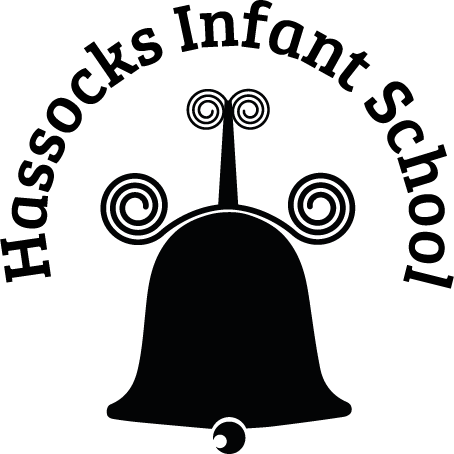History
We are Historians!
At Hassocks Infant School we believe that a high quality history education provides children with a deeper understanding of Britain's past and the wider world. We learn about significant people and events from around the globe because it develops empathy, promotes tolerance and provides a healthy regard for diversity.
Our history curriculum is designed to encourage children to explore and learn from past events; helping them to better understand how we got to where we are today. Learning about history should inspire pupils to ask perceptive questions, think critically, weigh evidence, sift arguments, and develop perspective and judgement. History helps pupils to understand the complexity of people’s lives, the process of change, the diversity of societies and relationships between different groups, as well as their own identity and the challenges of their time.
By providing children with the tools and knowledge they need to explore and learn from past events, we are equipping them to navigate their way through the world with greater wisdom and insight.
Our Approach:
Our history curriculum approach focusses on three themes that underpin our teaching: events, changes, and significant individuals. Children will build upon key historical concepts within these themes such as:
- Chronology
- Historical enquiry
- Historical significance
- Historial interpretation
- Cause and change
We facilitate the progression of knowledge by building on what children learn in Early Years and throughout Key Stage 1. Our curriculum is designed to help children develop critical thinking, problem-solving, and analysis skills to gain a comprehensive understanding of history.
Key vocabulary is selected for each topic and developed throughout the unit. Children will explore continuity and change, similarities and differences, cause and consequence, historical interpretations and the significance of key events through working on "big questions" about the past.
Each topic has a 'Big Question' which is designed for the children to be able to answer in detail at the end of the topic. These questions are broken down into a series of sequential parts for children to explore and consider. By the end of each unit, our children will have acquired the necessary skills, knowledge, and understanding, to revisit the 'big questions' and answer them effectively.
Our engaging and accessible curriculum is intended to instil a lifelong love of learning and a deep appreciation of the importance of history.
Teaching Tools:
What makes teaching History so exciting?
Interviewing people in our family and beyond to gain first-hand accounts of events within the lives of others.
External visitors, such as our annual Grandparents' day. Meeting people from around the globe with new and exciting stories to tell.
Exploring artefacts to help experience the past in an exciting and tangible way. This could be books, photos, olden household items, old versions of technology such as phones or even replica dinosaur bones!
Solving problems and answering inspiring questions by becoming historians.
Role-play and drama opportunities which enable children to immerse themselves in their learning by 'walking into the past'.
High-quality, engaging texts.
Timelines in all classrooms to promote the understanding of chronology.
Above and Beyond:
Every year-group has a range of activities designed to enrich their learning experiences.
For example; links with the local elderly peoples' homes, exploring diversity through historical events in other countries and reflecting on changes in their own local area. Visiting and exploring local history, such as trips to the Volk's railway and Bluebell railway.
As a school we celebrate and reflect on all things British; be this marking royal events, learning about l democracy through our school council and class votes, and talking to different genrations about how their lives differ to our to gain insight to how our county has changed and developed.
Supporting all Children:
History helps pupils prepare for the future, giving them knowledge and skills which will support them right into adulthood, and it is important that all children are given every opportunity to engage with the subject in a meaningful and accessible way. Children learn best when they are able to succeed and this is why our curriculum can be tailored to support all children to achieve, and feel proud of their personal learning journey. Some of the ways we adapt and cater for individual learning needs are set out for teachers in a guidance document created specifically for History. If you would like to know a little more about this, please click on our Making History Accessible link.
Assessment:
We use observational assessment of pupils and capture their individual responses-which reflect their historical understanding and ability to use subject-specific vocabulary effectively. Observations happen throughout the day; through talk and play both inside and out.
Children's learning journeys are tracked through tapestry or in their learning journals - we use these to guide our 'remind me' conversations, where children can tell us about their learning whilst reflecting and building links through this process.
Pupils books track the process of answering the 'big questions' and are also used to guide 'remind me' conversations where the children talk to us about their learning.
Pupils' achievements and efforts are celebrated within the classroom and beyond; through assemblies, celebration events, work being displayed and much more.
Diversity:
We have tailored our History curriculum to encompass a range of inspiring individuals from around the world. Our children will know that 50% of people from the past were women whose histories and contributions to society are significant. Black people and people of colour have lived in Britain since very ancient times; contibuting greatly to our prgress as a nation. Not all scientists were men, not all nurses were women and different identities are not always equally represented. A diverse past can help us to create a positive, diverse present.
